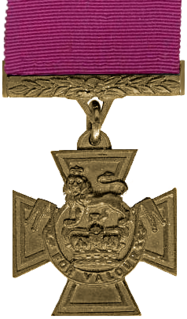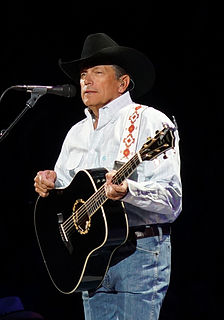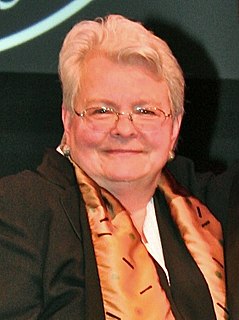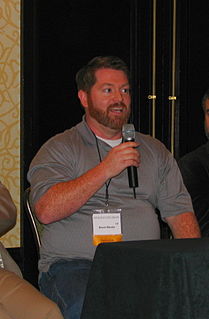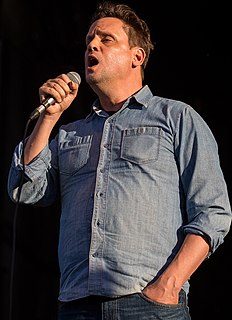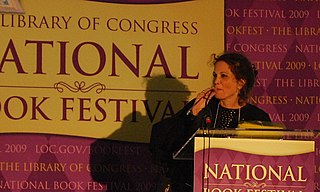A Quote by James Welch
Richard Hugo taught me that anyone with a desire to write, an ear for language and a bit of imagination could become a writer. He also, in a way, gave me permission to write about northern Montana.
Related Quotes
I never learned to be a writer. I never took screenwriting courses. I never read anyone's scripts. As a writer, my only guiding principle has been to write about things that scare me, write about things that make me feel vulnerable, write about things that will expose my deepest fears, so that's how I write.
It's easier for me to write certain character types because of my own life experiences, but I find it too artistically limiting to only write about red-headed kids who grew up in small town Montana. That's really part of the fun of fantasy, I think. Our imagination is basically unlimited. Okay, that's a terrifying thing about fantasy, too.
As a young writer, I was on guard against the Latina in me, the Spanish in me because as far as I could see the models that were presented to me did not include my world. In fact, 'I was told by one teacher in college that one could only write poetry in the language in which one first said Mother. That left me out of American literature, for sure.
